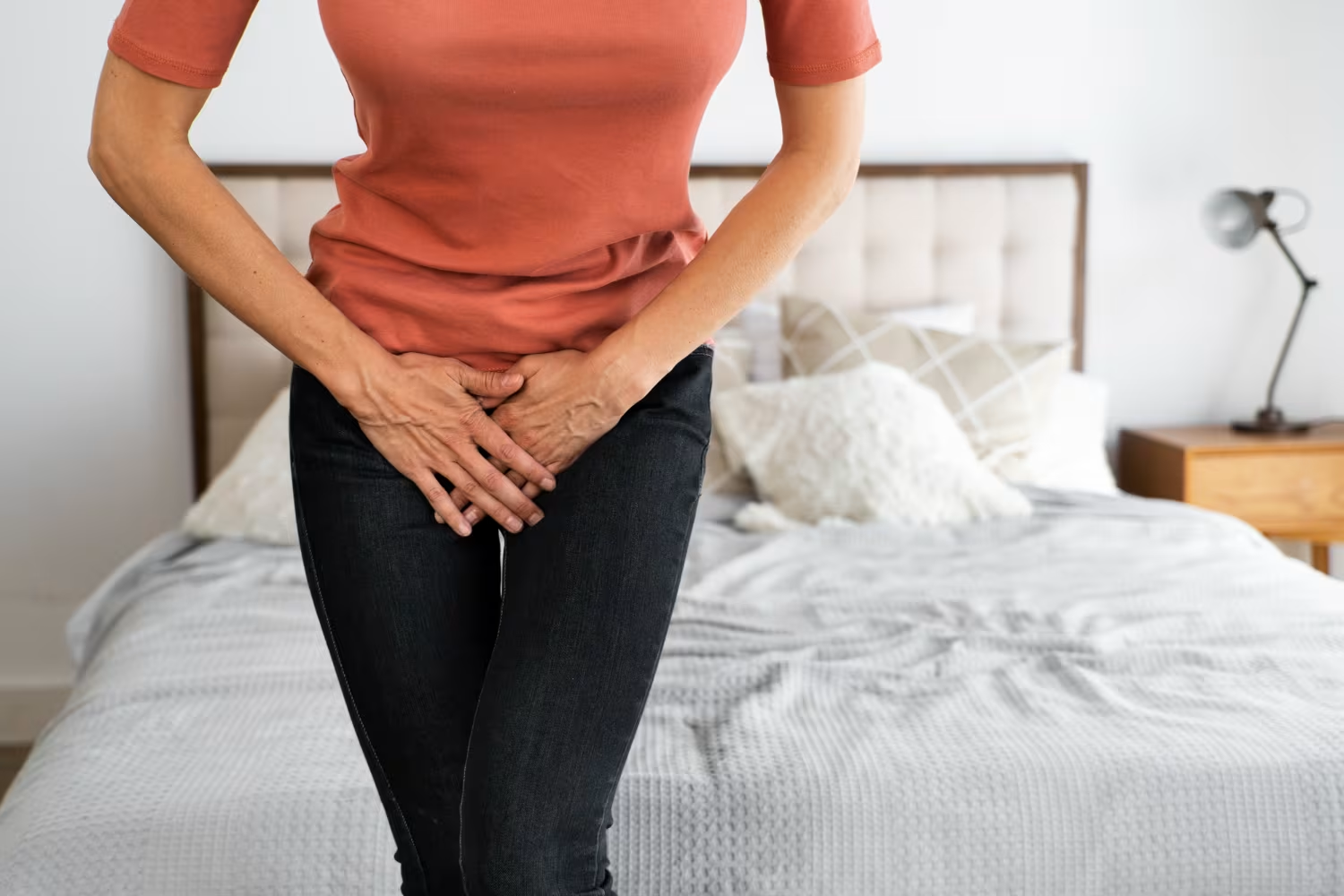
Genital warts are one of the most common types of sexually transmitted infections (STIs), but they can still feel a bit awkward to talk about. That's why we're here to explain exactly what they are, how they spread, what they look like, and—most importantly—how to get rid of them.
Whether you're dealing with early-stage genital warts or just want to understand more about genital warts treatment options, this guide will give you the info you need in simple, straightforward terms.
Genital warts are small, skin-coloured or whitish-grey bumps that can appear around the genitals, anus, or groin area. They're caused by certain types of the human papillomavirus (HPV), specifically types 6 and 11. These strains don't cause cancer, but they can be passed through sexual contact, even when there are no visible symptoms.
Wondering what genital warts look like? They often appear as:
You might find them:
Some people won't notice anything at all. That's why regular sexual health check-ups are so important.
Often, genital warts don't cause any pain. But for some people, they might cause:
These genital warts symptoms can show up weeks, months, or even years after being exposed to HPV. This makes it tricky to know when or how you got them.
You can get genital warts through:
Can you get genital warts without having sex? Technically, yes—if there's close skin-to-skin contact in the genital area, even without penetrative sex, the virus can still spread.
HPV can be passed on even if there are no visible warts, which is why safe sex practices are key.
There are several genital warts treatments available. While the warts themselves can be removed, there's currently no cure for the HPV virus, which means the warts may come back.
If you've been diagnosed, your doctor might suggest one of the following:
These are creams for HPV genital warts that you apply directly to the affected area:
Note: Don't use over-the-counter wart creams—they're not made for the genital area and can cause harm.
Liquid nitrogen is used to freeze the warts, causing them to fall off. It may require several sessions.
These options burn off or vaporise the warts. Usually used for stubborn or widespread cases.
Larger warts can be removed surgically. This is often done under local anaesthesia.
Without treatment, genital warts can go away on their own in 6–12 months, but they may also stick around or come back later. With treatment, it can take a few weeks to several months for the warts to disappear completely.
Here's how to reduce your risk:
It depends on the size, location, and number of warts. Your doctor might recommend a genital wart cream, freezing, or surgery.
You might see or feel small bumps, often painless, around your genitals. If you're unsure, book a check-up.
Yes, some treatments like imiquimod or podofilox can be applied at home, but always under guidance from your doctor.
Yes. Even without visible warts, you can still transmit the virus. Practice safe sex.
They can. HPV stays in your system, so warts may reappear, especially if your immune system is weakened.
If you've noticed anything unusual or simply want peace of mind, don't wait. Genital warts are common and treatable; getting help is a smart, responsible step.
At Private Medical Clinic, we're here to support you from diagnosis to treatment and follow-up care.





